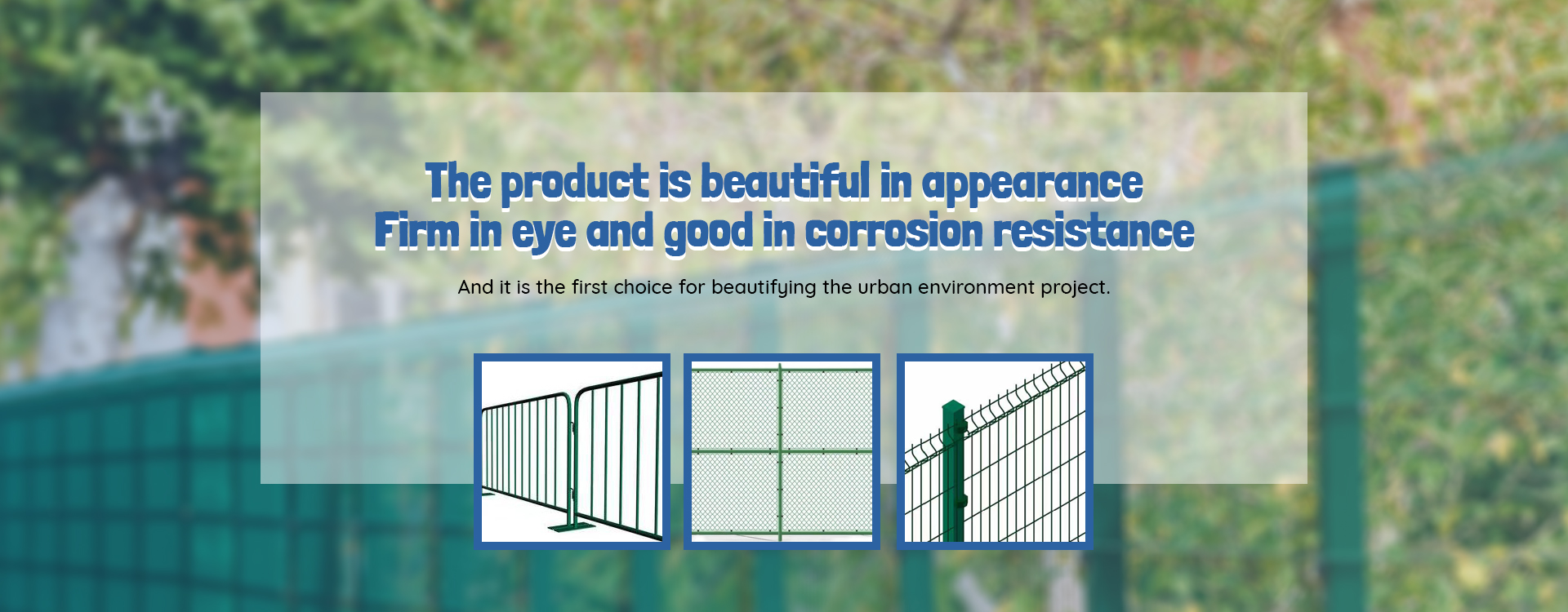 TEL:
+86-13102802206
TEL:
+86-13102802206
 Email:
fencenetting@china.com
Email:
fencenetting@china.com
 Language
Language
 TEL:
+86-13102802206
TEL:
+86-13102802206
 Email:
fencenetting@china.com
Email:
fencenetting@china.com
 Language
Language


Understanding the Cost of Chain Link Fencing
When considering fencing options for residential or commercial properties, chain link fencing stands out as a popular choice. Known for its durability, affordability, and ease of installation, chain link fencing is a practical solution for those looking to secure their spaces. However, understanding the costs associated with chain link fencing is crucial for making an informed decision.
Factors Influencing the Cost
1. Material Quality The type of materials used in the chain link fence significantly affects the overall cost. Standard galvanized steel is the most common option, but options such as vinyl-coated chain link offer additional protection against corrosion and weathering, albeit at a higher price point. The gauge of the wire is also important; a thicker wire offers increased strength and security but comes at a higher price.
2. Height and Length Chain link fences come in various heights, typically ranging from 3 to 12 feet. The cost will increase with the height of the fence due to the additional materials and labor required. Similarly, the overall length of the fence plays a crucial role in determining the total cost. Longer fences require more materials, thereby increasing the overall expense.
3. Installation Costs If you choose to hire professionals for installation, labor costs can greatly affect the final price. Installation can be a complex task requiring specific tools and expertise, particularly in preparing the ground, setting the posts, and stretching the wire. Homeowners might save on costs by opting for a DIY installation, provided they have the necessary skills and tools.
4. Additional Features You may also want to consider adding gates, which will add to the total cost. The size and type of the gate, as well as any locking mechanisms or accessories, will factor in. Other features, such as privacy slats or barbed wire on top of the fence for added security, can also influence costs.

5. Location and Accessibility The geographic location and the specific site conditions can impact the cost of installation. Areas with rocky or uneven terrain may require special equipment or additional work, while geographical location may influence material costs due to shipping.
Average Costs
On average, homeowners can expect to pay between $10 to $20 per linear foot for standard chain link fencing, including both materials and installation. This can translate to an average total cost of $1,500 to $3,000 for a typical residential yard. However, these prices can vary widely based on the factors mentioned earlier. For instance, opting for higher-grade materials or specific customizations can push the price above $2,000 for smaller areas, while choosing basic materials may result in a lower overall cost.
Maintenance Costs
Another consideration when budgeting for a chain link fence is ongoing maintenance. Chain link fences require minimal maintenance, often just an occasional wash to keep them looking good. However, if the finish begins to wear off, particularly in galvanized models, re-coating may be necessary to prevent rust and prolong the fence's lifespan.
Conclusion
Chain link fencing offers a cost-effective and functional solution for property owners seeking security and protection. By considering the various factors that influence costs, including material quality, height, installation options, and additional features, homeowners can make an informed choice that meets their budgetary needs. With proper planning and analysis, a chain link fence can be an excellent investment for both residential and commercial properties, providing a durable barrier for years to come.